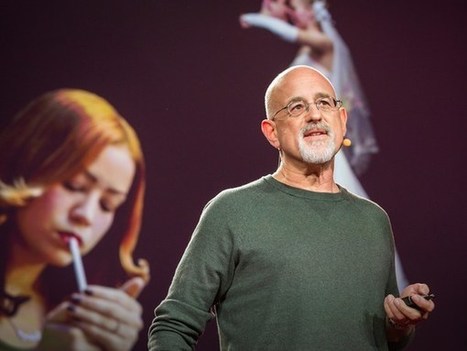“Without the sense of fellowship with men of like mind,” Einstein wrote, “life would have seemed to me empty.” It is perhaps unsurprising that the iconic physicist, celebrated as “the quintessential modern genius,” intuited something fundamental about the inner workings of the human mind and soul long before science itself had attempted to concretize it with empirical evidence. Now, it has: In Social: Why Our Brains Are Wired to Connect (public library), neuroscientist Matthew D. Lieberman, director of UCLA’s Social Cognitive Neuroscience lab, sets out to “get clear about ‘who we are’ as social creatures and to reveal how a more accurate understanding of our social nature can improve our lives and our society. Lieberman, who has spent the past two decades using tools like fMRI to study how the human brain responds to its social context, has found over and over again that our brains aren’t merely simplistic mechanisms that only respond to pain and pleasure, as philosopher Jeremy Bentham famously claimed, but are instead wired to connect. At the heart of his inquiry is a simple question: Why do we feel such intense agony when we lose a loved one? He argues that, far from being a design flaw in our neural architecture, our capacity for such overwhelming grief is a vital feature of our evolutionary constitution:
 Your new post is loading...
Your new post is loading...























